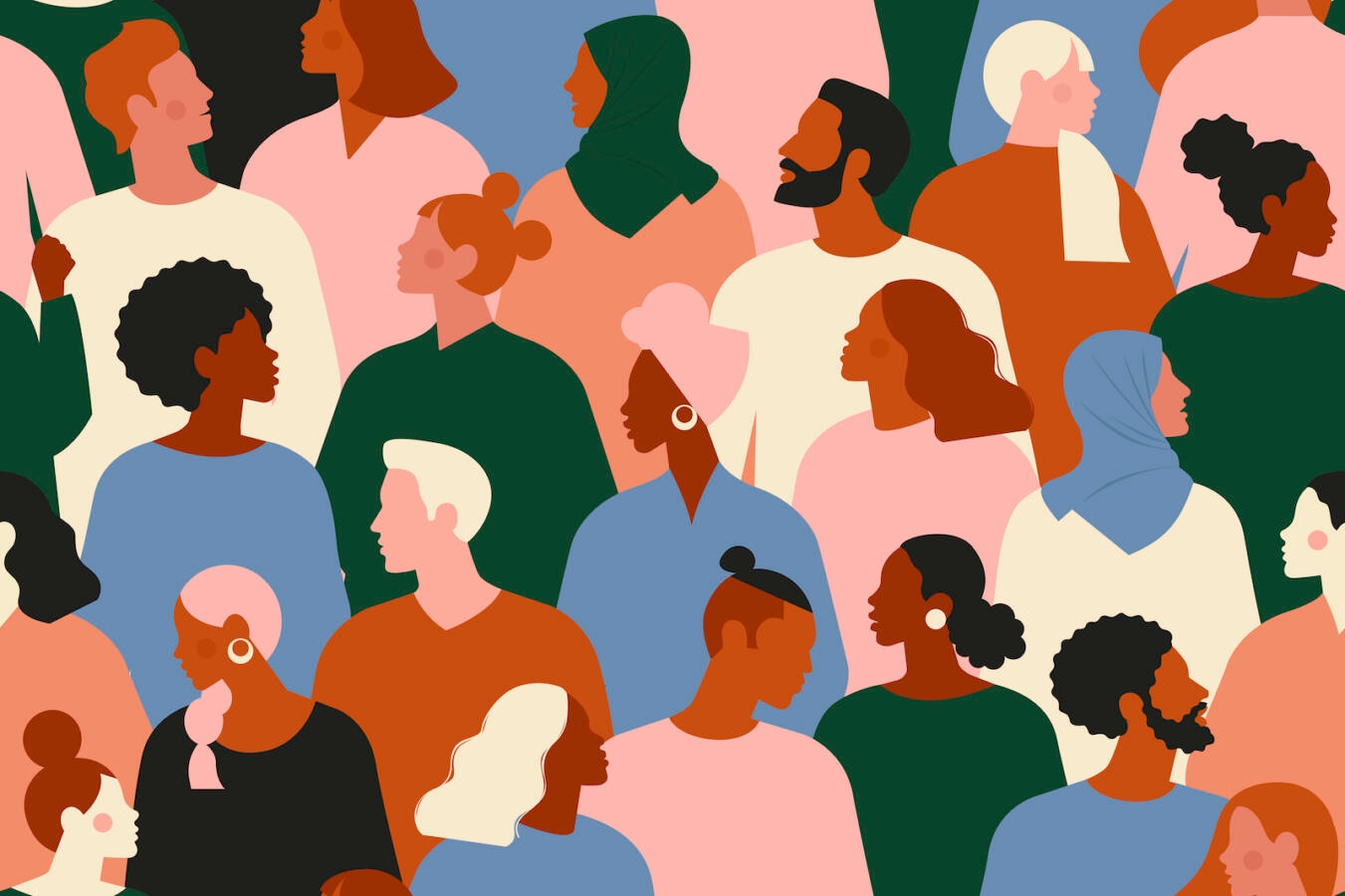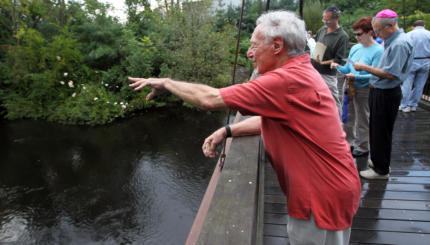The Hebrew month of Tishrei is woven with a 3,000-year-old annual campaign to love, cherish and protect humanity’s common bond and to never give up on the world and its inhabitants.
On Rosh Hashanah, the first day of the month, we hear the shofar’s call for change, reminding us that the world is never immutable, no matter how fixed society might seem. Ten days later on Yom Kippur, we embody that change by disrupting our habits for a day, punctuating the 25-hour fast with individual and communal commitments to live with integrity. Three whole days later, we dwell in a sukkah of peace, a tent that in its parameters is truly big enough for everyone.
What bridges these days together is the birthday of humanity, or as the liturgy states hayom harat olam — today, the world was created. Our sages taught that the world was created on the 25th day of the previous month, Elul. Since Adam and Eve were created on the sixth day of the creation story Genesis 1:27, that makes the first day of Tishrei the birthday of humanity.
Like our individual birthdays, these Days of Awe and raw emotion encourage us to reflect on our collective and individual choices, assess our missteps, and integrate forthright changes so that we can reinstate our capacity as a species to build a world of humility, sacredness and shared fortitude.
With your help, My Jewish Learning can provide endless opportunities for learning, connection and discovery.
As I write these words, I can’t help but think how different this Tishrei will be. As humanity prepares to mark its birthday, there are too many ways in which our planet faces an uncertain future. One has to wonder: Can the spiritual technology of Tishrei respond to a moment beset by civil unrest and profound polarization?
With multiple crises unfolding, the Jewish year 5780 has unmasked just how disparate the human experience is for people of different ages, locations, socioeconomic status, community, skin color and more. And yet, COVID-19 has also shown us all that there is a common link between all of us. Working to see ourselves in the other is like engaging in spiritual push-ups. And like physical push-ups, it is not always easy, but in the long run it’s worth it.
The new Jewish year will dawn at a time of great complexity. But Tishrei is also a moment to set a new standard and redefine humanity’s bond for the better — every year. These High Holidays teach us not to ignore or repel the realities of life, but to remain vigilant in reimagining what is possible. Here are three ways you might do that this year:
Love and honor yourself: So many in our generation feel lonely and helpless. How can you remind yourself of your unique soul qualities? If you listen to yourself, the answers will arise.
Consider your choices, actions and inactions: During the month of Tishrei, we engage in a process called teshuvah, returning to our best selves. What is something you regret or wish to free yourself of? Teshuvah is believing you can make life more pleasant for you and your fellow humans.
Unlearn that which is harmful, unjust and untrue: At the close of the fall holiday season on Simchat Torah, we return to the Torah as if it were brand new– not only because the rabbis were romantics, but also because sometimes we need to circle back to what we thought we knew to really move forward. What do we need to unlearn as a society to move forward? What do you as an individual need to unlearn?



